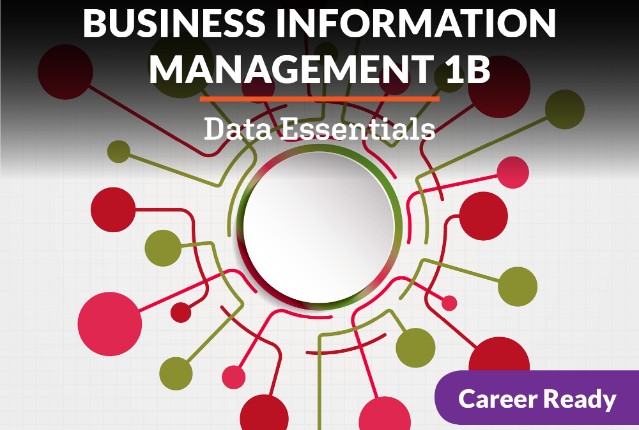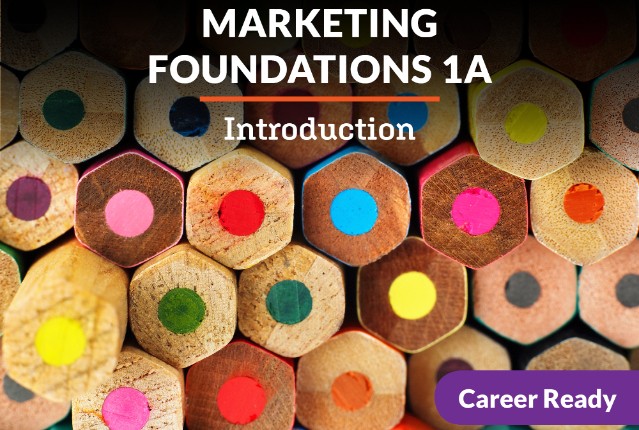
Business Information Management 1b: Data Essentials
Now that you have the basics of business down from the previous course, it’s time to become better acquainted with the application of information management in business. Learn about professional conduct, teamwork, and managerial skills, while also examining careers in business technology. The basics of word processing, spreadsheets, databases, and presentation software are also explored so that you become better prepared for jobs in this field.
Review course outlineAccess for a year
USD 299.00*
* Choose more courses to get a discount




